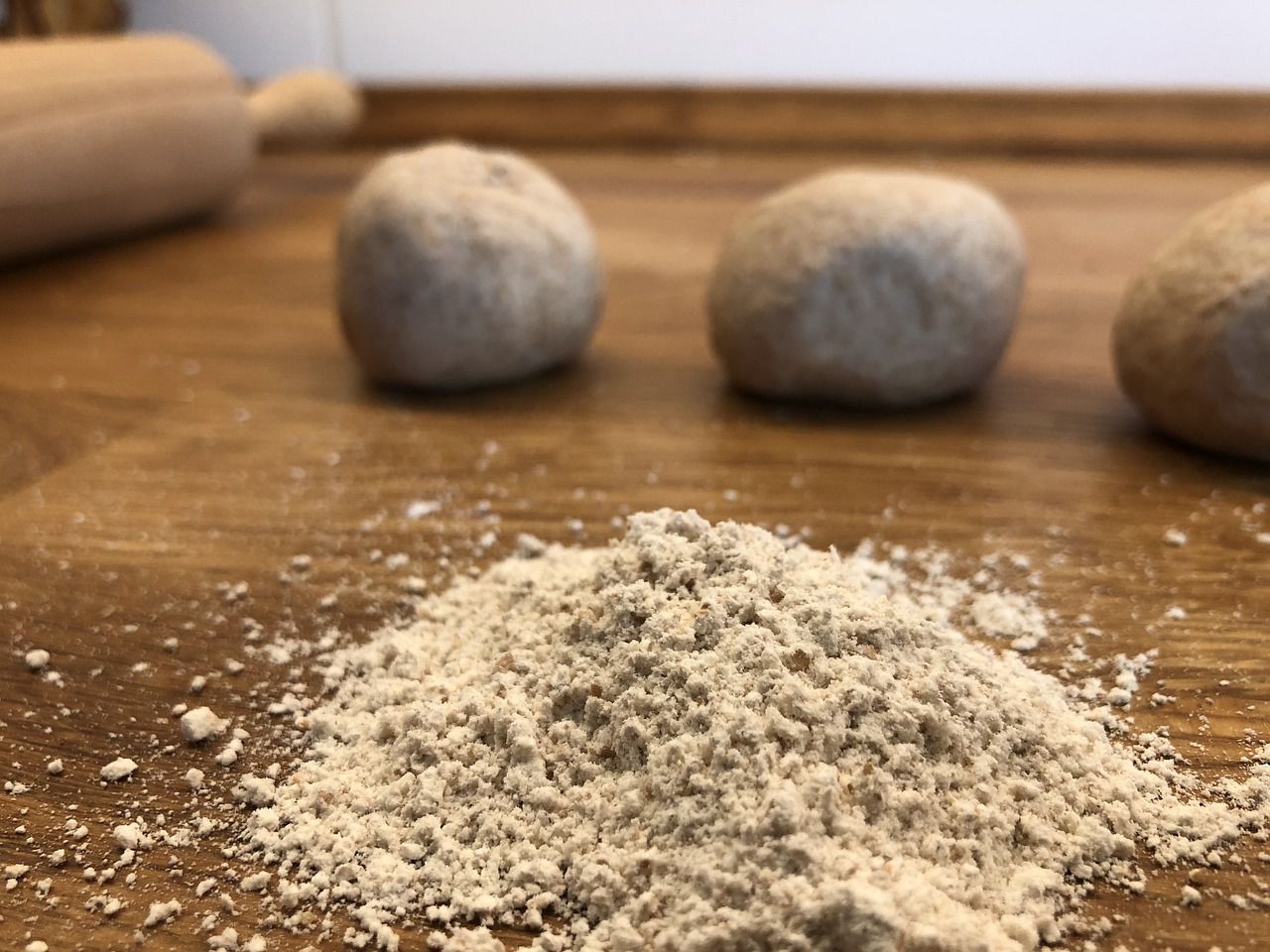Why laminated wooden countertops are easier to clean than the real ones: Housekeeping tips
Wooden countertops look amazing and expensive, but laminated wooden countertops may also have some benefits.
Faux wooden kitchen countertops, also known as laminate or engineered wood countertops, are easier to clean than real wooden ones due to several key reasons.
Let's find out more.
Smooth and Non-Porous Surface
Faux wooden countertops typically have a smooth, non-porous surface made of laminate or other synthetic materials.
This smooth surface does not absorb liquids or stains, making it easy to wipe off spills and messes quickly.

Water and Stain Resistance
Real wood is susceptible to water damage and staining.
In contrast, faux wooden countertops are designed to be water-resistant and less likely to get stained by common kitchen spills like coffee, wine, or oil.
This characteristic ensures that the countertop maintains its appearance and remains hygienic over time.
No Need for Sealing or Oiling
Real wooden countertops require periodic sealing and oiling to maintain their appearance and protect them from moisture.
Faux wooden countertops do not need this kind of maintenance, which simplifies the cleaning process.
Durability
Faux wooden countertops are often more durable than real wood, as they are engineered to withstand daily wear and tear.
They are less prone to scratches and dents, further reducing the effort required for maintenance.